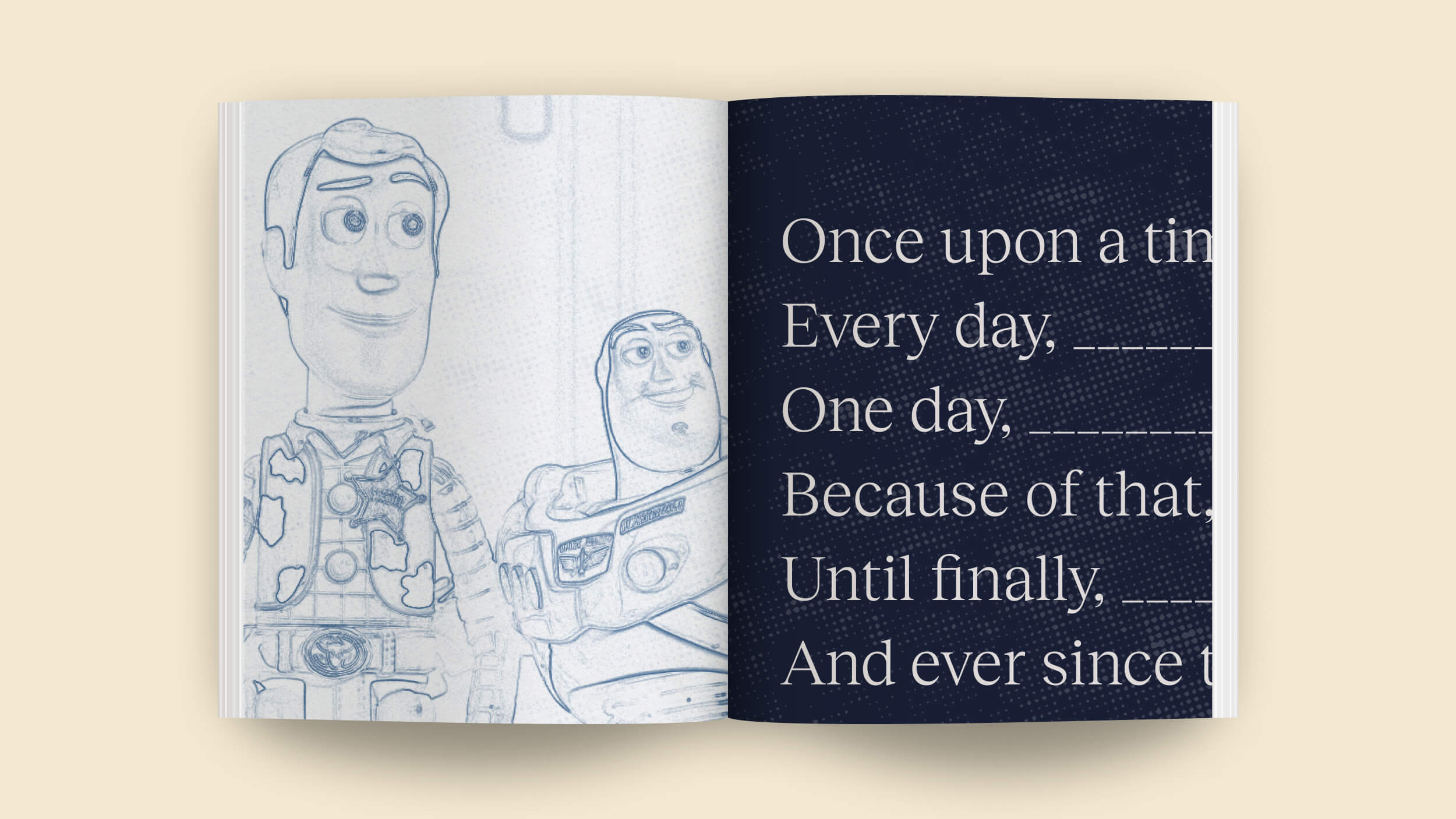We all have coworkers that are harder to get along with than others.
While there’s no way to prevent having crappy cubicle mates, there are strategies you can use to deal with them more effectively and make everyone’s lives easier.
Harvard Business Review editor Amy Gallo breaks down the eight archetypes of annoying coworkers and shares her strategies for dealing with the three toughest types.
AMY GALLO: Did you know that 80% of people say they work with at least one terrible coworker? Workplaces are full of people who are going to push our buttons or annoy us or irritate us.
We often think, "Well, it's just work, right? I can go home. I can let go." But what we see in the research is that one negative interaction between you and another colleague can have a detrimental effect on your mental health and your career. It doesn't have to be that way.
I'm Amy Gallo. I'm the co-host of Harvard Business Review's Women at Work podcast and the author of Getting Along, How to Work with Anyone, Even Difficult People. When I started writing my book, I really wanted to get people help with their particular colleagues that were pushing their buttons. I knew that there was lots of research about how to handle specific patterns of behavior.
So I developed eight archetypes of people we find most annoying at work and how to address those patterns of behavior to get the results that you want. The eight archetypes are the insecure boss, the pessimist, the victim, the passive-aggressive peer, the know-it-all, the tormentor, the biased co-worker, and the political operator.
I've divided the patterns of behavior into eight archetypes because I want you to be able to get the specific advice that you need, and perhaps more importantly, to make sense of the behavior that you're observing in your colleague.
Of your needs, archetypes, what are your three favorites? None of the archetypes are my favorite because they're all not that fun to deal with. But I think the three most difficult archetypes to get along with are, number one, the passive-aggressive peer. The person who says one thing then does another or acts as if they're really angry, but when you ask them how they're doing, they say, "I'm just fine."
Bill Lumberg, the character from Office Space, for example. We have sort of a problem here. Yeah, you apparently didn't put one of the new cover sheets on your TPS reports. Did you see the memo about this? When someone is behaving passive aggressively, recognize that they're probably not being passive-aggressive on purpose. Chances are they're afraid of something. They're afraid of failure or rejection. They're conflict-averse or they feel powerless. You can try to understand a little bit more about what's underneath that. You won't call them passive-aggressive. Ideally, you will not dismiss them for that behavior, but you'll use that understanding to allow room for them to articulate their thoughts and feelings in a more direct way.
The second is the insecure boss. They tend to micromanage. You might think about Michael Scott from The Office. Here's what's going to happen. I am going to have to fix you, manage you to, on a more personal scale, a more micro form of management.
MICHAEL SCOTT: Jim, what is that called? Micro-Jimin? Boom. Yes.
GALLO: Their lack of security can often make you question yourself. One of the tactics right away is to point out what they're good at. And it has to be something you genuinely feel they're good at. Are they good at pointing out risks? Are they good at bringing the team together? Point that out. Tell them that you appreciate it. If you do.
The third archetype that I find incredibly challenging is the tormentor. This archetype is most like Darth Vader. - I'm here to put you back on schedule. - I assure you, Lord Vader, my men are working as fast as they can. - Perhaps I can find new ways to motivate them. Not the person who you expect to be a mentor, but who seems set on undermining you. This person can really damage your career and damage your self-esteem by making you feel like you are not cut out for the job that you know you are.
So what do you do when someone is tormenting you instead of lifting you up? Show that you're invested in their success. show that you're willing to focus on what their goals are. You are not challenging them. You're not threatening them.
When you have a negative interaction with a colleague, it is tempting to focus on all the ways that you would like them to change. But you cannot always control how they think, what they value, and how they behave. And you certainly can't control whether they are invested in changing the way they behave. What you can impact is the way you think about and react to them. And then how you behave, which will not only change the dynamic between you, but will also model the behavior that you hope to see from them.
So really the first place to start is to do some reflection, not just on the way that you might be contributing to the dynamic, but also on why you have such a strong reaction to it. What might be a rational reason for why they're behaving the way they are? All of that reflection will help lay the groundwork so that you can then choose tactics that you wanna try to alter the dynamic and ideally improve the relationship.
NARRATOR: Get smarter faster with videos from the world's biggest thinkers. To learn even more from the world's biggest thinkers, Get Big Think Plus for your business.







